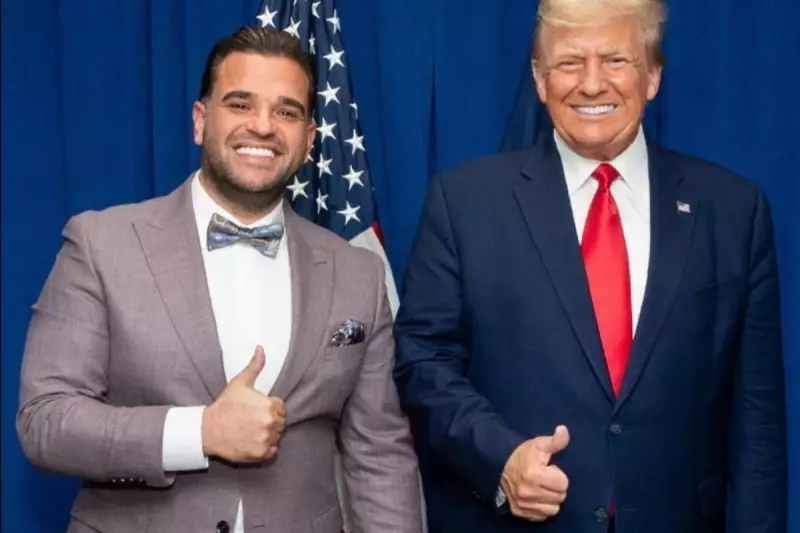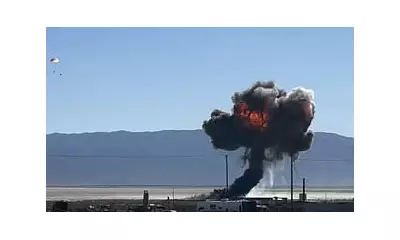
In a stunning disclosure that has sent shockwaves through Washington's national security circles, former President Donald Trump has revealed that intelligence officials identified a Detroit man as a potential ISIS fighter operating in Iraq.
The Detroit Connection
According to Trump's recent statements, Mark Savaya, a resident of Detroit, was flagged by US intelligence sources as allegedly fighting alongside ISIS militants in Iraq. This revelation comes amid growing concerns about homegrown terrorism and the effectiveness of American border security measures.
Trump's Bombshell Claims
The former president made these assertions during a recent public appearance, stating that intelligence officials had brought Savaya's case to his attention. "They came to me and said, 'We have a man from Detroit who's fighting with ISIS in Iraq,'" Trump claimed, highlighting what he describes as systemic failures in the nation's security apparatus.
National Security Implications
This case raises profound questions about:
- The monitoring of potential foreign fighters
- Border security protocols
- Intelligence sharing between agencies
- The ongoing threat from extremist groups overseas
Political Fallout
The timing of Trump's revelation is particularly significant, coming as immigration and national security emerge as central issues in the current political landscape. Critics and supporters alike are scrutinizing the claims, with many demanding further investigation into the circumstances surrounding Savaya's alleged activities.
Unanswered Questions
While Trump's statements have ignited fierce debate, numerous questions remain unanswered regarding the verification of these claims, the current status of Savaya, and what actions, if any, were taken by authorities following the initial intelligence reports.
The case continues to develop as security experts and political analysts weigh in on its implications for American counter-terrorism strategy and border control policies.





